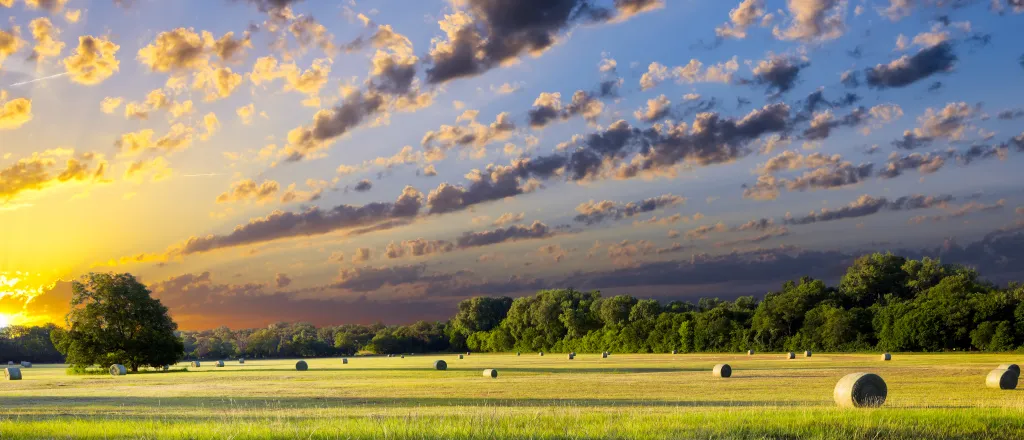
The Yonder Report: News from rural America - June 19, 2025
© Dean_Fikar - iStock-503150251
News from rural America.
Hurricane Helene mobilized the North Carolina community of Marshall in unexpected ways, giant data centers powering AI want cheap rural land but can face community pushback, and ceramics made by Cherokee potters honor multiple generations.
TRANSCRIPT
For the Daily Yonder and Public News Service, this is the news from rural America.
Community resilience and generosity were tapped in Marshall, North Carolina last September when Hurricane Helene disrupted the work of Holler Harm Reduction.
The program helps folks who use drugs do so safely to keep them alive and as healthy as possible.
Organizational Director Kimberly Tredewey says because they respond to people's needs on a daily basis, they were uniquely positioned to help clients and the broader community.
It wasn't something where we had to figure out what could this look like.
It was like, okay, how do we beef up what we're already doing?
The Holler group ended up providing a place for the community to come and receive food after Helene while also providing safe drug supplies.
Medical anthropologist Bela Ostrich supports the program with technical assistance and evaluation.
He says it's given him a sense of belonging.
We've got this whole crew of people out here that don't just do harm reduction work together, but we're friends and we're family and we spend holidays together and we take care of each other.
And I mean, to me, that's the essence of harm reduction.
Giant data centers powering artificial intelligence are looking for cheap rural land.
But as Alana Newman explains, they often face community pushback.
A developer's plan to build the country's second largest gas-powered data center sparked months of opposition in Southern Virginia.
Lifelong Pennsylvania County resident Amanda Widener says they were shocked when they learned about the possible air pollution.
People went into panic mode because it appeared that it truly was going to swallow up a region and create a patchwork quilt style of development.
After six months of protest, the county denied the developer's proposal in April and barred them from reapplying until next year.
Community member Kathy Stump says they're celebrating but also bracing for what's next.
Everybody has a voice and we found out that our voices did count this time.
I'm Alana Newman.
A new generation of indigenous pottery makers is helping maintain the centuries-old tradition in Western North Carolina.
Cherokee people have been making pottery there for more than 3,000 years and a community workshop run by the Museum of the Cherokee People is preserving the art form.
The museum's director of education, Dakota Brown, says Cherokee pots are highly decorative but also have practical uses as cooking pots, storage containers, and ceremonial vessels.
They were for use.
That's one of the things that I think is beautiful about Cherokee pottery even today.
Cherokee pottery work declined and skills were lost in the era of boarding schools, assimilation, and the separation from other tribes.
Brown says that makes the Cherokee people mindful of how present-day actions affect the future.
It's about honoring those seven generations that came before you and then building for those seven generations that are going to come after you.
For the Daily Yonder and Public News Service, I'm Roz Brown.
For more rural stories, visit dailyyonder.com.

















